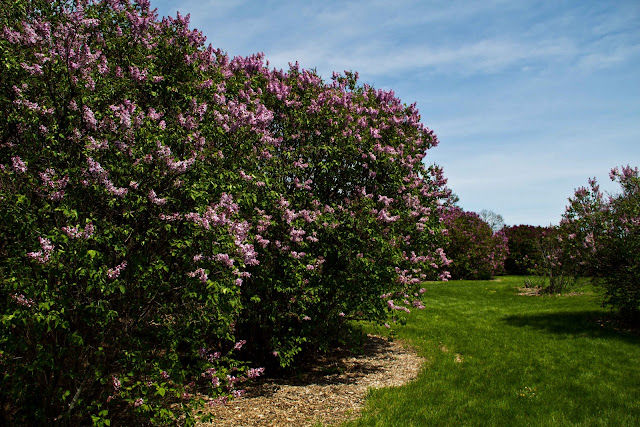Axle Grease and Roses
- Connie Scotton Plank
- Dec 22, 2022
- 3 min read
Updated: Dec 24, 2022
My Dad was a farmer in overalls. His hands were clown-large and always stained with petroleum oils and grease that it took to keep his machinery lubed and things running smoothly. He was sunburned to a crisp maroon summer and winter. There was not a dainty molecule on his body.

Yet one year, he suddenly decided to become a rose connoisseur. Nobody knows what motivated him except he had the soil and the space, and the expendable cash. He had no other hobbies we knew about. So the roses began.
That first spring, he ordered three rose bushes from a nearby nursery firm. They were hybrid T. roses he told us. They would come bare rooted and require special treatment as to soil and additions to the soil, and special treatment in pruning and primping. The company sent him a fourth bush that was a floribunda. This was a smaller flower, but long blooming and smaller.
He accepted that as well. They came in the mail and we placed them in the shade and awaited his coming home to open them. How depressing. These were dead looking masses of tangled roots and some dead branches with thorns. He was delighted. He had read the library books and the seed catalogs on just how to treat each, and I remember his asking Momma just which ones ought to go where. Then he went out and dug up a strip of the flower bed to suit himself. In a straight, not artistic, corn-row strip he planted the Peace rose, the Mr. Lincoln rose, the Sutter's Gold, and lastly the floribunda Coral. The soil was dug up and crumbly and amended with whatever the catalogs demanded. I particularly recall bone meal and “well rotted cow manure.” Seemed to me to be pretty objectionable material to produce flowers. Then came the water. Watering the roses would fill our evenings the rest of our childhood at the farm.
Now if your farm home was built on southwest Iowa ground, there was no aquifer under the farm from which to draw any amount of water. You SAVED water. You used less than you would like for any purpose be it bathing, gardening, lawn, or just sprinkling over your parched body in August. Water was for the hogs, for the cows, for the chickens, and if any was left, for people. Roses didn't even come onto the list. Our farm had a cistern where water was pumped from a windmill 500 feet away near the creek. What the cistern did was allow the water to run downhill to a hog trough on the other side of the hill. This water wasn't always used up to water hogs, so it was fair game for the roses. First one had to remove the concrete lid from the cistern pit, then force a pail on a rope down into the water and pull it up to the platform, pour it into a pail and carry it to the roses. Dad did the dipping, we did the carrying.
Dad dictated how that water ought to be emptied onto his roses. First it was not to be dumped helter skelter on the rose. This bucket full goes to Peace, he'd tell us. “Now there is a saucer of soil with edges to hold it in. Fill that saucer and allow it to soak away. Only then do you refill it. Keep track of how many buckets you use. Peace can use two buckets full tonight. Don't get water on the leaves at all, because that will give them black-spot.”
I can not to this day go by a rose bush without admiring the blossoms, and I always check right under the bud on the sepal for aphids, and black spot on the leaves where the water has splashed. I never take a rose for granted! I know how much they cost in work and time.



Comments